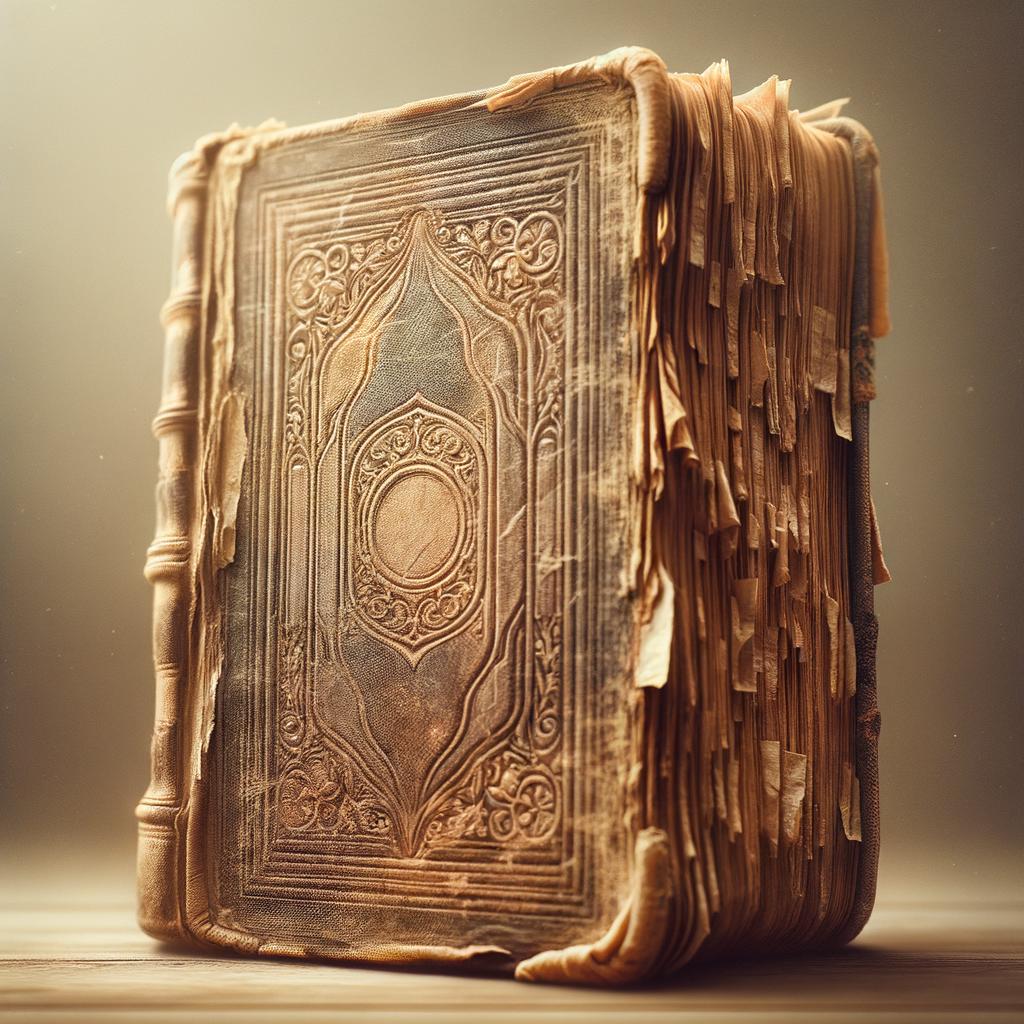Every year, it seems as though speculation persists about the imminent “death” of physical books, overshadowed by technological apparitions, such as Kindles, e-readers, and online PDFs. E-books are touted as the new era of reading, offering convenience, lower costs, and, lest we forget, the enviable lack of accumulated dust. But in the clamor of this techno-parable, there is a profound loss we overlook: the unique charm and beauty of a well-worn book.
In Schenectady, where I’ve spent all my years, we are a city of readers. We have a public library whose hallowed halls echo the love of literature past, present, and future. Some of my most cherished memories are of rifling through the dog-eared pages of the Schenectady Public Library’s collection – feeling the coarse textures under my fingertips while being lost in the labyrinth of stories.
Having spent a large chunk of my life in Schenectady and with the ubiquitous specter of the digital age looming large, some might call me grumpy. But as a writer and a reader – and dare I say, a lover of books – I tend to see myself rather as a stalwart defender of the printed word. Don’t get me wrong, I’m no Luddite; if anything, I’m more like your friendly neighborhood curmudgeon, quick to hold fast to traditions that I believe should not be heedlessly discarded in the name of so-called progress.
A physical book invites you differently than its digital counterpart. Each well-loved, page-turned tome is a memorial not just to a captivating story but to the journey you yourself went on whilst reading it. A once crisp, fresh page is now imbued with memories of your gentle turns. A coffee splotch symbolizes the hours you spent holed up in Moon & River Cafe on that rainy afternoon. The worn-out spine reflects the late nights you devoted to discovering “whodunnit,” your sleep sacrificed at the altar of suspense and intrigue.
Consider the libraries, venerable institutions of knowledge, tradition, and quiet tranquility. How they would look and feel drastically different with cold metallic e-readers instead of warm, inviting bookshelves? A book’s physical presence gives depth to a library’s sanctity as a place of learning. You find knowledge, empathy, and entertainment leaping off the printed pages and onto your laps, in a way that a Kindle, with its harsh, glaring light, can never quite emulate.
As someone who’s walked this planet, or rather, the streets of Schenectady for half a century, there are few things as satisfying as seeing the books in my home library lean into each other – like long-time friends sharing secrets, romantic novels whispering sweet nothings to their adjacent hard-boiled mysteries.
Like many of us, I am guilty of harboring an arguably unhealthy relationship with the clutter of my well-worn books. But, could the memories I’ve attached to those dog-eared pages, faded covers, and ink-stained edges be preserved in the transient pixels of an illuminating screen? Sure, an e-reader can hold a thousand tales in a single gadget. Still, squinting at backlit screens doesn’t foster the same sense of enchantment as the smell of a novelette that’s seen the rise and fall of days.
The books I’ve collected over the years serve as waypoints in my life. Each one is dotted with my annotations, underlined words, bracketed paragraphs, or the occasional phone number of a long-lost bibliophile acquaintance from my youth. They offer a tangible record of personal evolution: the tales I’ve ingested and how they’ve shaped me, my reactions, my understanding, and my desires.
Books – real, physical, hold-them-in-your-hands, flip-the-pages-with-your-fingers books – command a certain reverence that is lost when words are pixelated and consumed through a cold, sterile screen. They are a feast for the senses – the crackle of a turning page, the smell of preserved wisdom. They anchor us, tether us to the realm of imagination in an increasingly insubstantial digital world.
These are not mere musings of an aging writer from Schenectady, pinning for lost times. It is, instead, a plea to appreciate the beauty and charm of well-worn books amidst the sleek allure of e-readers. To lose them would be to disconnect ourselves from a tangible literary lineage, to discard the rich emotion that comes from holding a bound chronicle of human imagination.
So, the next time you stumble upon an old, worn book – give it a chance. Gently blow off the dust, inhale deeply, and open it up. Immerse yourself in the raw sense of its mortality, for each creased page and frayed edge is a testament to stories lived, and countless lives shaped. The beauty, after all, lies not just in the stories held within these humble tomes but in the glorious imperfections that wear proudly on their time-tested sleeves.



